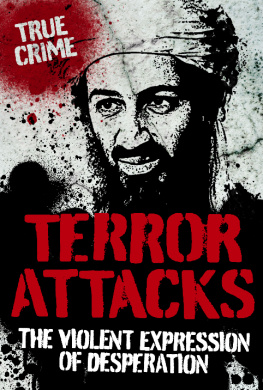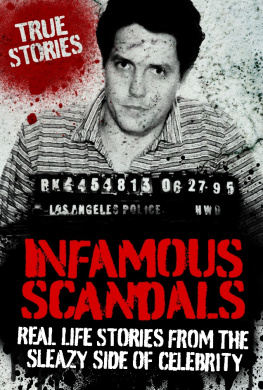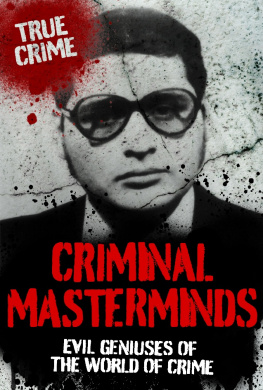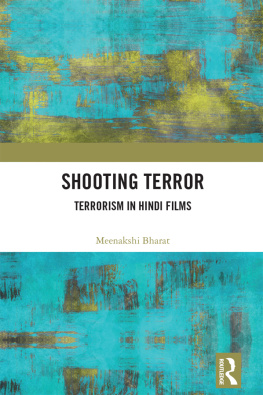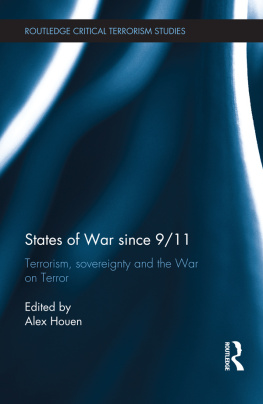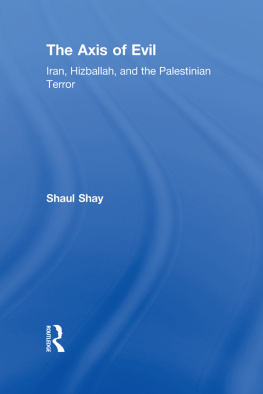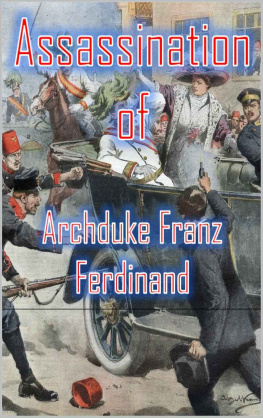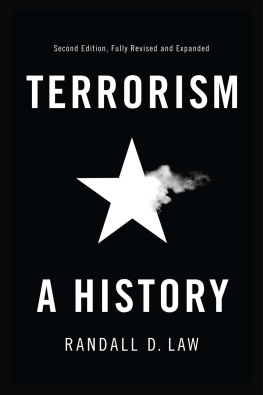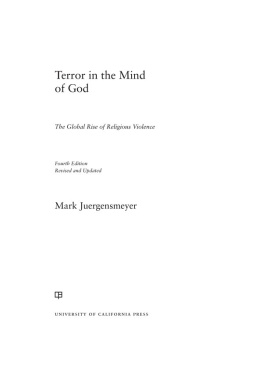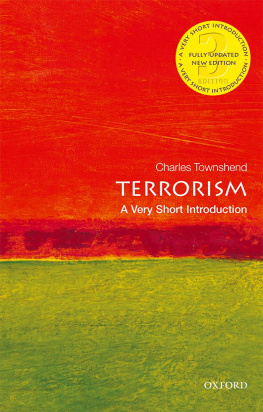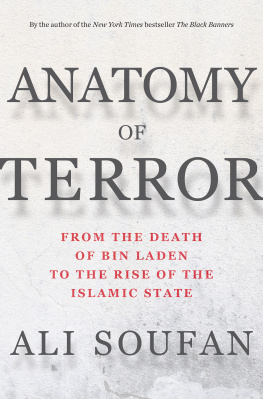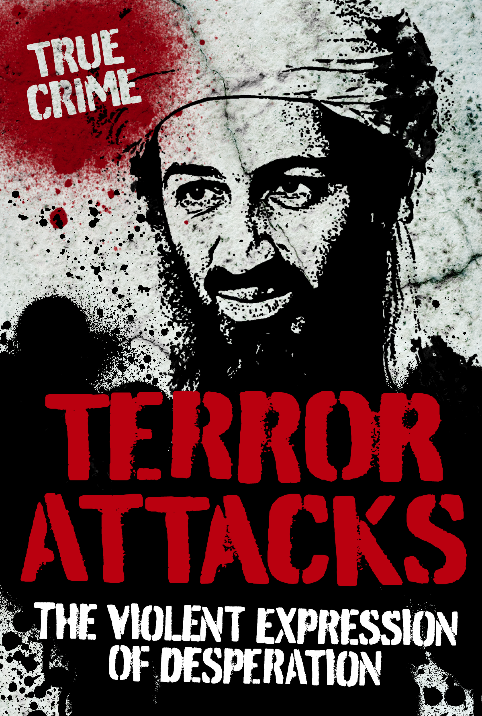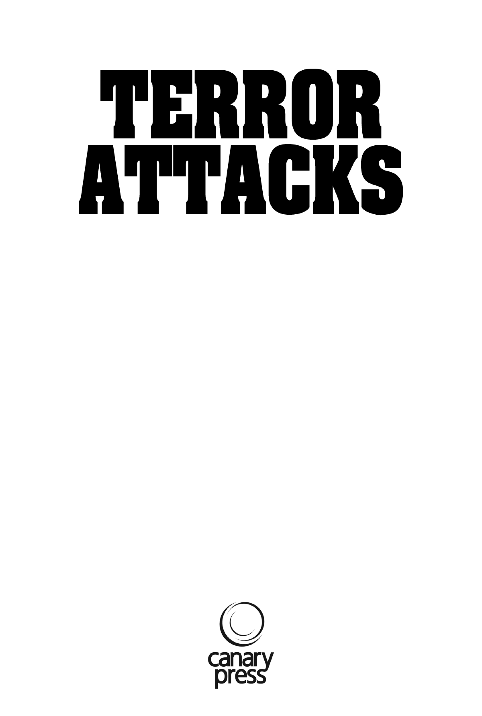Introduction

Since September 11, 2001, the threat of terror attacks has become one of the most disturbing aspects of life in the 21st century. For those of us living in the more prosperous parts of the world, modern technology has, in many ways, made life easier and safer than ever before, whether in housing, transport, health care, communications, or through a huge variety of other services. Yet, increasingly, there is a sense that this ultra-modern, high-tech world is under threat: whether from environmental sources, such as climate change, or from human communities excluded from this rapid development, who now seek to destroy these benefits by whatever means they can. And, despite the rhetoric from Western governments about the benefits of our way of life, in terms of freedom, democracy and economic growth, many people feel a distinct sense of unease about the future. There is a sense that we do not really understand what is going on, either because we have not been told the truth, or because the issues are really too complex for any ordinary person to follow. But are they, in reality? Or do we just prefer to oversimplify, to make life easier for ourselves?
The War on Terror
In the aftermath of 9/11, President Bush delivered an address that proved to be a turning point in the history of Western democracy. He spoke of America launching a war on terror and described an axis of evil that the USA would seek to destroy. His use of these abstract nouns, terror and evil, was highly significant. Firstly, by talking about terror in the abstract instead of indicating the actual culprits behind the 9/11 attacks (a small group of militant extremists with limited global support) he gave himself carte blanche to wage war on any group that the USA might consider to be an enemy. In practise, this meant invading Afghanistan, and later Iraq not as enemy nations who had committed aggressive acts against the USA, but as part of the new war on terror. Secondly, by using the word evil, he gave the impression that there was no political issue at stake here: this was, in essence, a simple fight between the forces of good (America) and the forces of evil (al-Qaeda/The Taliban/Saddam Hussein/any anti-American or anticapitalist activist group).
While many may have agreed with Bush that both the precepts of Islamic fundamentalism and the regime of Saddam Hussein contravened some of our most basic assumptions in the West about respect for human rights, collapsing the differences between these two distinct approaches in the Arab world, and ignoring the political context of the conflict, gave his words a simplistic, ideological slant that many found both dishonest and dangerous. And, while in domestic terms Bushs strategy seems to have worked, at least in terms of getting him re-elected, globally his approach has done untold damage. For, by using these abstract terms, terror and evil, Bush gave the impression that al-Qaeda was an enormously powerful Islamic organisation with millions of adherents across the world: a situation that, ironically, his war on terror has helped to bring into being as more and more Muslims, in countries such as Pakistan, become alienated from the West and follow the path of Islamic fundamentalism. Thus, whether by mistake or design, Bushs war on terror response to the 9/11 attacks has had the effect of plunging the Western and Arab worlds into a deepening global conflict whose battles are now being played out in terrorist attacks on the streets of our cities, instead of by soldiers fighting on the field of war.
Political Conflicts
As an example of this, let us look at the 2006 conflict in Lebanon. The ruling party in the southern area of the country is Hezbollah, listed as a terrorist organization by many countries in the West. Despite its brutality, Hezbollah has won the loyalty of the poverty-stricken people of the region by offering them resources such as housing, health care and social services. At the same time, Hezbollah have been accused of kidnapping Israeli soldiers and firing missiles at Israeli targets across the border, causing the Israeli Defence Force to launch a series of attacks on the civilian population in Lebanon.
So who are the terrorists here? Is this a war, or a series of terrorist attacks? And in a situation where it is ordinary men, women, and children living in towns and cities who are first in the firing line, does it matter what you call it?
Contrary to what Bush would have us believe, this is not a simple situation in which the good fight the evil of terror: there is a long, extremely complex political background to this conflict that cannot be ignored if it is to be understood, let alone any solutions offered. And as with most conflicts, there appears to be only one simple aspect to the continuing unrest in the Middle East: that it is always the innocent who suffer, whoever the aggressors may be.
Resistance or Terror?
Not surprisingly, Bushs stance has provoked a great deal of opposition, not just in Arab countries, but among millions of ordinary citizens in the West who find his policies arrogant, aggressive and narrow-minded. According to this oppositional point of view, the USA has oppressed the peoples of many countries around the world, either by direct military intervention or through economic and cultural imperialism. It has even, in some cases, involved itself in, or turned a blind eye to state terrorism, that is, terrorist attacks covertly sponsored by national governments. The formation of militant activist groups committing acts of terrorism in return is the desperate response of leaders among these oppressed peoples, who have no other way to bring the worlds attention to their cause.
In many ways, the idea that terror attacks are committed on behalf of minority groups who do not have access to political power, and as such have some moral purpose, is a persuasive one. Certainly, there are situations in which resistance to an oppressor seems to be the only course of action, and there are many instances in history of courageous leaders taking a stand to defend their people, whether it be the French Resistance fighters in World War II or Nelson Mandela and the ANC in South Africa under apartheid.

